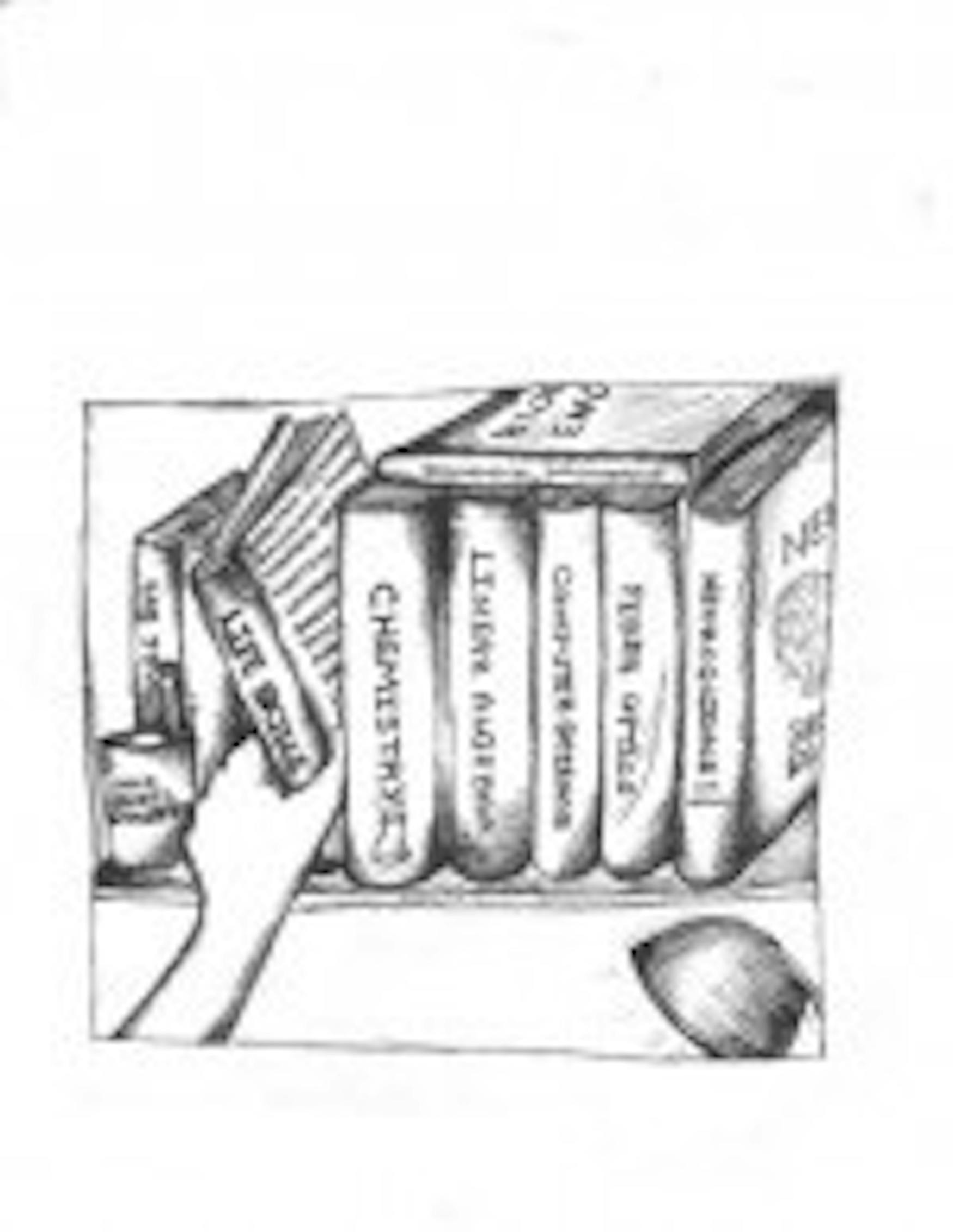Humanities essential in career-focused world
Perhaps it is my unyielding na??vet?(c), but I firmly believe the humanities play an essential role in our society. Unfortunately, this opinion seems to be increasingly unpopular. According to a recent article in Liberal Education, a journal published by a consortium of over 1,000 institutions of higher education, there has been a significant decline in the number of institutions that have an overwhelming majority of students majoring in humanities over the last 20 years., Former Wesleyan University and Emory University President William Chace notes in The American Scholar journal that from 1970 to 2003 there was a precipitous decline in the number of students majoring in the humanities, from 30 percent to 16 percent.
This trend-coupled with the incessant interrogation about what I will do with my humanities-based liberal arts degree in the "real world,"-has led me to the following refrain: I believe the humanities to be valuable beyond academia and esoterica, and I rail against those naysayers who attempt to dismantle the robust edifice of the humanities in order to assemble, however tenuously, the argument in favor of more "practical" degrees.
The humanities engender a method of thinking, extending far beyond the borders of any specific topic studied in the classroom. It is not merely what is learned but rather how it is learned.
Honing these critical-thinking skills through seemingly endless hours of reading, writing and analyzing cultivates a mindset deftly prepared to approach problems in a thoughtful and pragmatic manner. In this light, a humanities degree can, in fact, be the key to opening many doors along one's career path, and certainly more than the pigeonhole to which a biomedical engineering or applied mathematics degree can lead. Graduates equipped with backgrounds in the humanities bring skills with them that many do not possess-most importantly the critical and flexible mind capable of adapting to many fields.
When one studies literature, for example, it is not what you learn that is important, it is how you learn to analyze the unfamiliar that is widely applicable.
Winston Churchill is credited with saying, "the best argument against democracy is a five minute conversation with the average voter." An electorate capable of cutting through political rhetoric and understanding the core issues facing society is of paramount importance to a functional and successful democracy. Perhaps if the average voter possessed the critical-thinking skills that the average humanities graduate has, he could summon a serviceable version of the truth from the otherwise baffling sensationalism and dangerous partisan brinksmanship that has pervaded our political discourse to an alarming degree.
With a humanities degree comes a better understanding of how to relate to society. David Brooks, noted columnist for The New York Times, writes that "Very few people have the ability to create a great brand: the iPod. Branding involves the location and arousal of affection, and you can't do it unless you are conversant in the language of romance."
Creating an effective product is no longer enough to guarantee success in today's marketplace (Myspace); a company must be able to gauge what the consumer wants and create a product that connects with him on a personal level (Instagram).
A car to transport you from one place to another is no longer enough; it must reflect who you are and provide you with a sense of intimacy. A phone is no longer just a means of communication; there is an increasing emphasis on providing a personalized product that is an extension of its owner. So even an industry, such as technology, previously thought to have an interest in hiring only those with science or engineering backgrounds, must now also turn to more well-rounded individuals capable of understanding and, more importantly, communicating the passions of society.
To be fair, I am not trying to devalue the pursuit of science or engineering-the value of these subjects is simply undeniable. But those who tout the importance of science in order to belittle the humanities are taking a decisively parochial position.
For that student who comes to college at age 18 ready to commit to a career working for Intel at a chip factory in the Arizona desert, studying engineering in college may be the right proposition.
But a humanities major, with the intellectual capital he would accrue, can thrive in society without any science knowledge much better than a science major can survive without any of the essential skills taught by the humanities. What is the use of a proficient programmer with no vision or imagination with which to innovate? And the best way to cultivate those qualities? Reading, writing, debating, exploring, researching and reflecting.
Some may argue that there is no sense in promoting one over the other, since both are indispensable elements of the development of society, but the invention of the Kindle is meaningless without the novels we read on it. After all, what will we remember in 500 years, the Kindle Fire or Hamlet? The proverbial pen is still as mighty as ever.
*



Please note All comments are eligible for publication in The Justice.